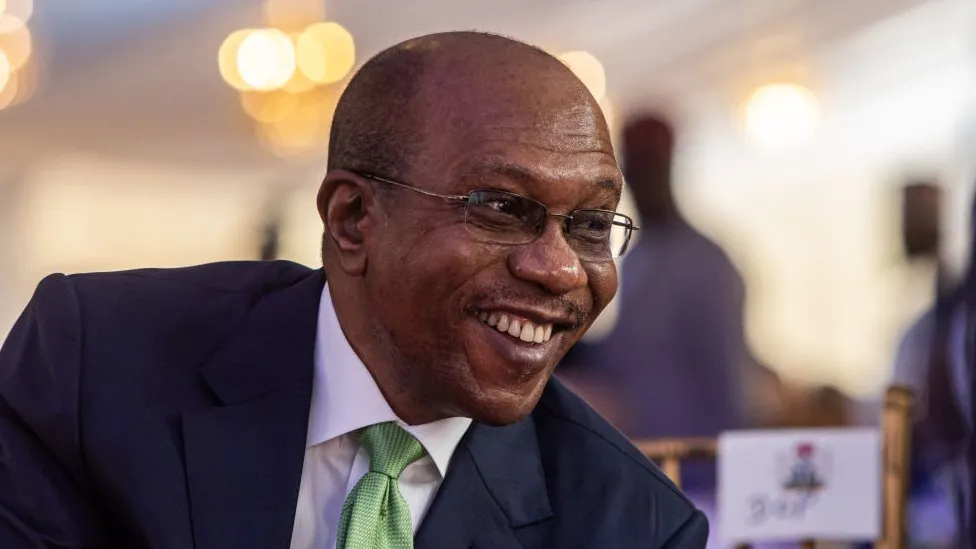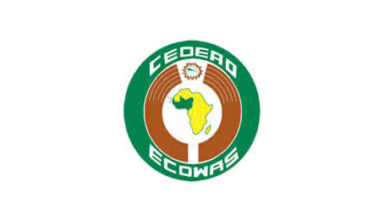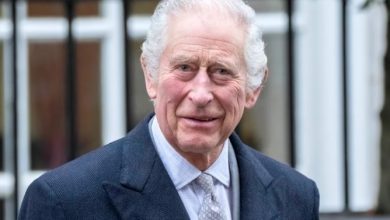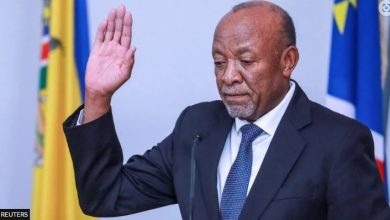Bola Tinubu declared winner of Nigeria’s presidential election
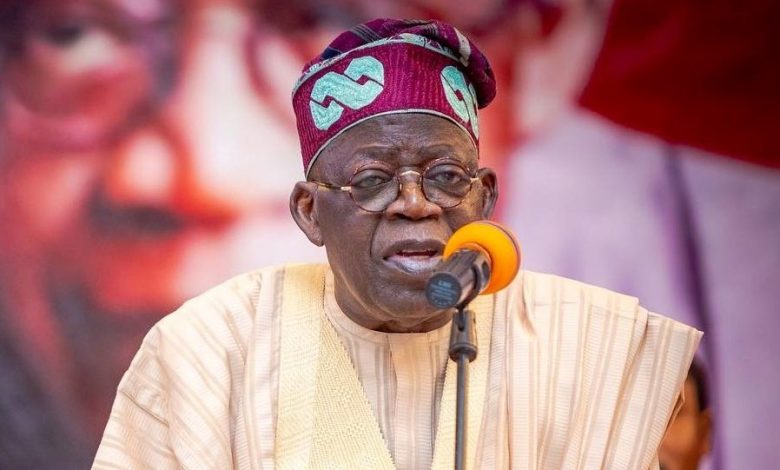
Ruling party candidate Bola Tinubu was on Wednesday declared the winner of Nigeria’s disputed presidential election.
The 70-year-old veteran politician got 36% of the vote, official results show. He scored a total of 8,794,726 votes, the highest of all the candidates, thus meeting the first constitutional requirement to be declared the winner, the Premium Times of Nigeria reported.
He also scored over 25 per cent of the votes cast in 30 states, more than the 24 states constitutionally required.
Tinubu’s main rival Atiku Abubakar polled 29% (a total of 6,984,520 votes), and Labour’s Peter Obi 25% (a total of 6,101,533 votes). Their parties had earlier dismissed the poll as a sham, and demanded a rerun, the BBC reported.
Tinubu is one of Nigeria’s richest politicians, and based his campaign on his record of rebuilding the biggest city, Lagos, when he was governor.
He was nevertheless defeated in the city by Obi, a relative newcomer who mobilised the support of many young people, especially in urban areas, shaking up the country’s two-party system.
Tinubu won most other states in his home region of the south-west, where he is known as a “political godfather”.
States won
The Premium Times reported that Tinubu won the election in Rivers, Borno, Jigawa, Zamfara, Benue, Kogi, Kwara, Niger, Osun, Ekiti, Ondo, Oyo and Ogun states.
Atiku won in Katsina, Kebbi, Sokoto, Kaduna, Gombe, Yobe, Bauchi, Adamawa and Taraba states. He also won in Osun, Akwa Ibom and Bayelsa states.
Obi won in Edo, Cross River, Delta, Lagos, FCT, Plateau, Imo, Ebonyi, Nasarawa, Anambra, Abia and Enugu states.
He campaigned for the presidency under the slogan: “It’s my turn”.
President Muhammadu Buhari is stepping down after two terms in office, marked by economic stagnation and growing insecurity around the country – from an Islamist insurgency in the north-east to a nationwide crisis of kidnapping for ransom and separatist attacks in the south-east.
The task ahead
Tinubu now has the task of solving these problems, among others, in Africa’s most populous nation and biggest oil exporter.
After fighting military rule in Nigeria, escaping into exile and being one of the founding members of the country’s democracy in 1999, Tinubu will feel that he was destined to become president.
He was always the favourite to replace Buhari – whom he helped become president – and the hurdles he has surmounted to get here will make this an even sweeter win for him.
He was not expected to win the party primary, yet he won.
Many said his decision to go with another Muslim as a running mate would prove an obstacle, but it was not.
Previously all major parties have split their presidential tickets with a Christian from the south and a northern Muslim in order to achieve broad support across this vast nation of 210 million people.
He will now have to prove that he can hit the ground running and that he is still the same formidable force who built modern Lagos, Nigeria’s commercial hub.
Tinubu will be taking charge of a crumbling economy, widespread insecurity and as the results map shows, a country retreating into regional and religious blocs.


